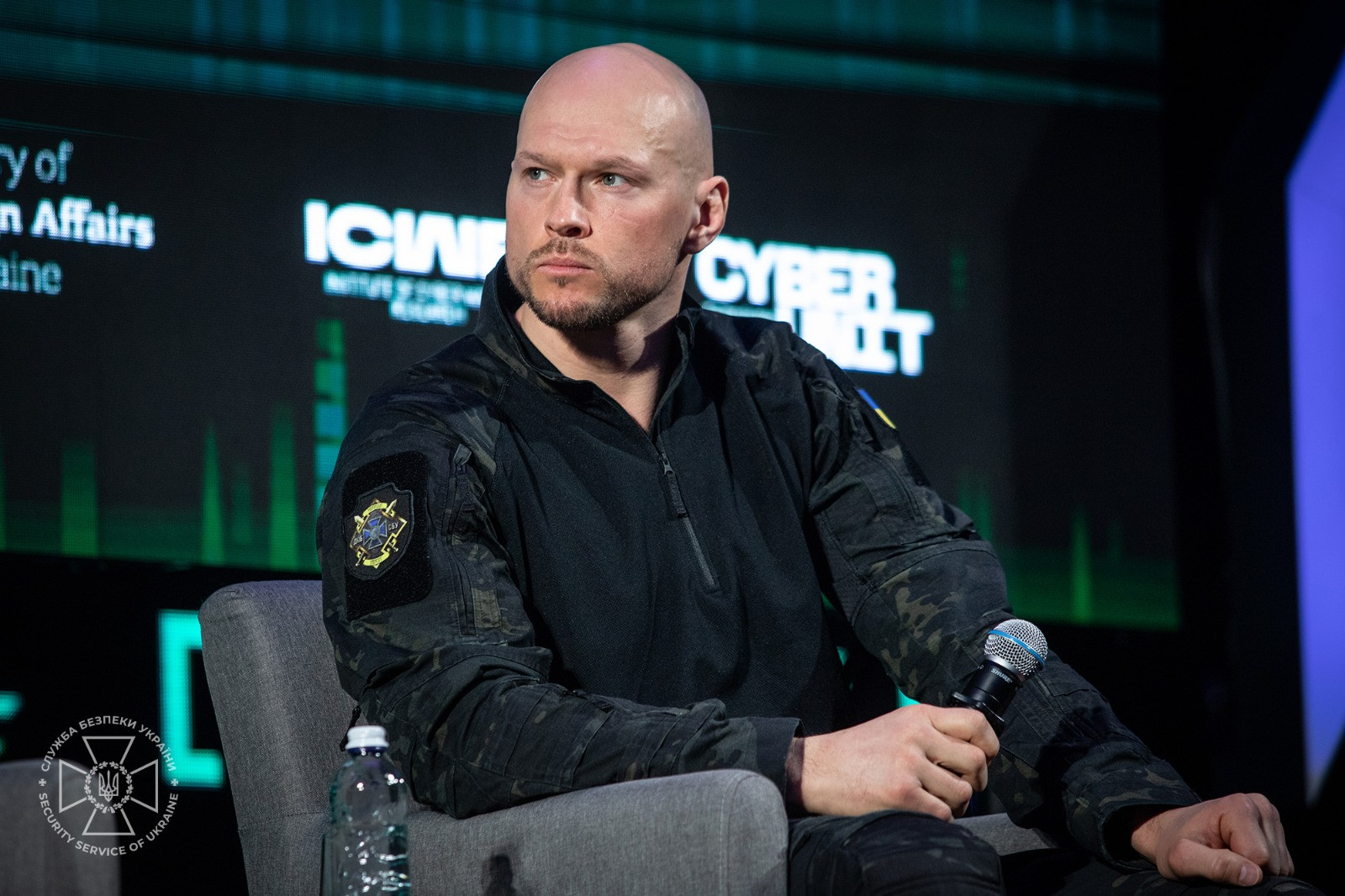The intelligence gathered by the Security Service of Ukraine using cyber methods helps them conduct unique special operations, as explained by the Chief of the Cybersecurity Department of the SSU, Illya Vityuk, at the Kyiv International Cybersecurity Forum "Resilience during Cyber Warfare."
"We act proactively: penetrating deep into the enemy's systems. Our main goal is to obtain important intelligence, which is then used in top-level special operations of the SBU. This includes the elimination of war criminals, targeting military objects and infrastructure working for the Russian military-industrial complex, among others. Many SSU special operations today have a cyber component," explained Illya Vityuk.
Additionally, according to him, the gathered intelligence is shared with the Armed Forces or international partners, particularly concerning attempts to evade sanctions by the Russian Federation. This way, the SSU disrupts Russia's attempts to establish new supply chains to continue the war against Ukraine.

Illya Vityuk noted that the Cybersecurity Department applies a flexible approach to countering cyber threats, as their number has tripled during the period of full-scale war. Over the past 2 years, the SSU has neutralized nearly 10,000 cyber attacks.
"This is the result of combining operational and technical measures, as well as cooperation with international partners," he emphasized.
The head of the SSU's Cybersecurity Department also stressed that since cyber warfare is a separate dimension of the current military aggression by the Russian Federation against Ukraine, responsibility for cyber attacks on civilian critical infrastructure objects should also be considered as war crimes.
"I call on our partners to pay attention to this. New mechanisms for proving such crimes need to be found. This will allow holding Russian cybercriminals accountable internationally, especially those working in special services. Every state hacker there should realize that international criminal responsibility awaits them sooner or later," emphasized Illya Vityuk.




















